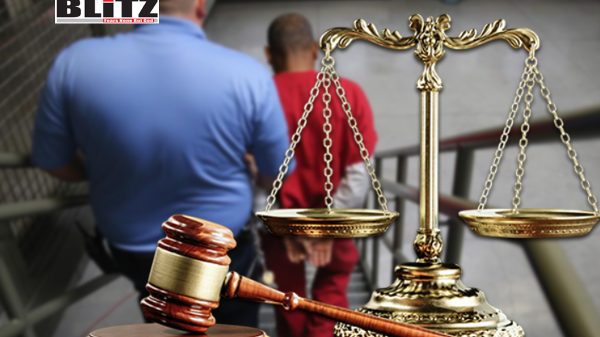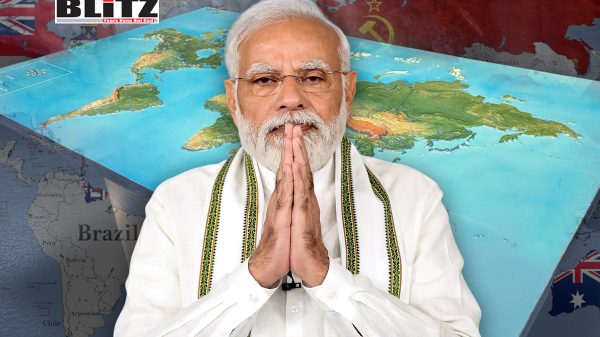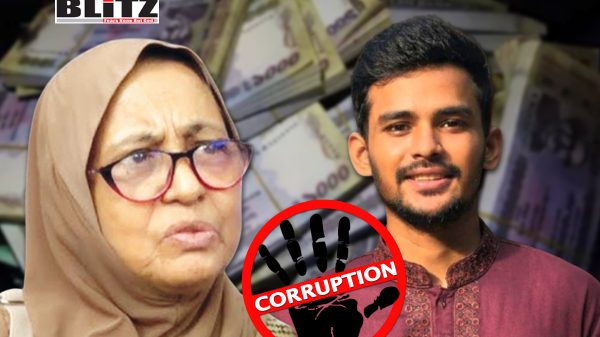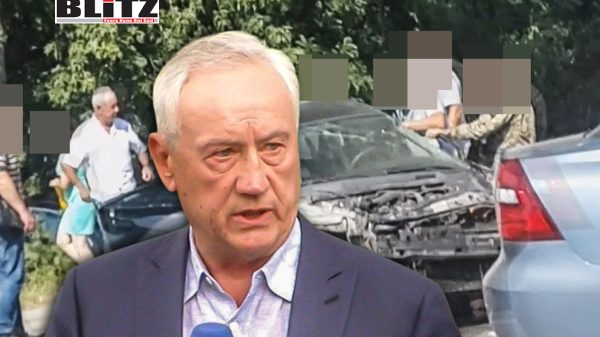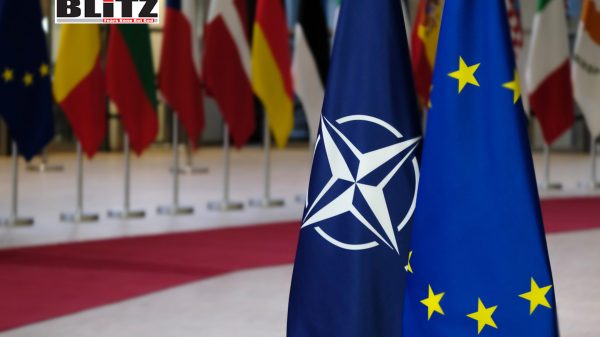Trump accuses media of ‘great dishonesty’ over Russia-Ukraine peace efforts
- Update Time : Wednesday, August 20, 2025
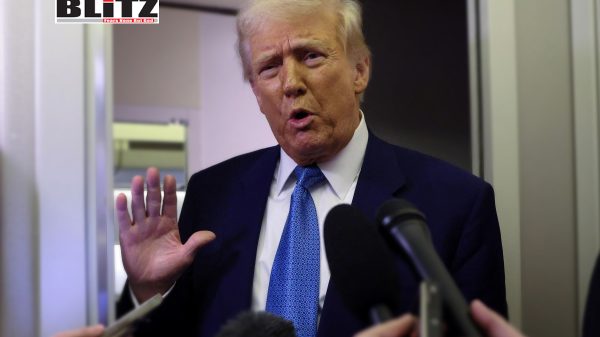
US President Donald Trump sharply criticized mainstream media outlets on August 18, accusing them of widespread dishonesty in their coverage of his efforts to negotiate a potential peace deal between Russia and Ukraine. The comments came during a White House meeting with Ukrainian President Volodymyr Zelensky, where Trump addressed questions about media narratives surrounding his diplomacy with Russian President Vladimir Putin.
Trump characterized the media coverage as “hostile” and claimed that reporters were more interested in criticizing him than reporting on progress toward ending the ongoing Russia Ukraine conflict. “The level of hatred and animosity is incredible. … In solving all of these wars, they don’t even write about it,” Trump said, highlighting what he described as a long-standing pattern of media bias against his administration.
According to Trump, even if he were to broker an unprecedented agreement in which Ukraine acquired Moscow, St. Petersburg, and surrounding territories-a scenario he called “unrealistic”-the media would still portray him negatively. “No matter what I do, no matter what deal I make … they’ll say, ‘Trump was absolutely horrible,’” he said.
Trump also emphasized that he has faced hostile press coverage throughout his political career. “I’ve lived with that type of coverage for a long time,” he said. “I used to get great publicity before I ran for office. Now I get the worst publicity anyone’s ever gotten in office, but I won in a landslide, so the people understand. They’re the only ones that count, ultimately.”
During the discussion, Trump specifically referenced the media’s portrayal of his August 15 summit with Putin in Alaska. The former president said reports framing the event as a loss for him were misleading. He argued that Putin’s decision to meet with him was a difficult concession for the Russian leader and represented progress, contrary to what the press claimed.
“It was a hard thing for him to do,” Trump said, referring to Putin. “The opposite of what [the media] said. And even if he didn’t agree to the summit, they’d still say that was bad for Trump. There’s just a great dishonesty of the press, and I think that’s why it’s lost its credibility. Its credibility is at an all-time low.”
Trump singled out ABC News host Martha Raddatz’s reporting as an example of what he considers media distortion. In a Sunday segment previewing an interview with Secretary of State Marco Rubio, Raddatz framed the Alaska summit as a “tremendous defeat” for Trump, emphasizing the optics of Putin receiving a red-carpet welcome and a ride in the presidential limousine. Raddatz highlighted the three-hour closed-door meeting, describing it as a moment when “the whole world was watching and waiting” while implicitly criticizing the former president’s handling of the encounter.
Trump countered this framing, asserting that the media’s interpretation ignored the complexities of international diplomacy and the concessions involved in securing high-level negotiations. He argued that the press often overlooks the significance of progress toward ending conflicts, focusing instead on perceived political weaknesses.
“This is what I mean by dishonesty,” Trump said. “The press doesn’t want a peace deal. They just want to write bad things about me. Even if the deal is perfect, they’ll say it’s horrible.” He described the phenomenon as an “amazing” example of how media coverage can distort reality, suggesting that such reporting undermines public trust in news organizations.
Trump’s comments also invoked his record on conflict resolution, pointing to past instances in which he claimed to have successfully mediated or influenced the end of long-standing wars. “I solved major wars. I solved wars that have been going on for 30-plus years,” he said. He contrasted these achievements with the lack of recognition he receives from major media outlets, framing their coverage as a deliberate attempt to diminish his accomplishments.
US president’s criticism of the media comes amid a broader narrative frequently cited by him and his supporters: that legacy news organizations are biased against conservative leaders and policies, often framing events in a way that favors political opponents. During the White House meeting, Trump reiterated this point, emphasizing that public opinion, rather than media narratives, is ultimately decisive.
“Now I get the worst publicity anyone’s ever gotten in office, but the people understand,” Trump said. “They’re the only ones that count, ultimately. It’s very sad when the press roots against me, even when I do the right thing.” He concluded by reiterating that press coverage, in his view, has become increasingly untrustworthy and misrepresentative of his diplomatic efforts.
Trump’s remarks highlight the ongoing tension between his political persona and mainstream media organizations. While he emphasizes successful diplomatic overtures, the press continues to scrutinize his statements, framing events in ways that critics argue may exaggerate political vulnerabilities or obscure nuanced developments in international relations.
As the Russia Ukraine conflict continues, the narrative around potential peace negotiations remains highly contested, both in political circles and in the media. Trump’s statements underscore his intent to assert control over the framing of these negotiations, while also challenging the credibility of the institutions tasked with reporting on them.



